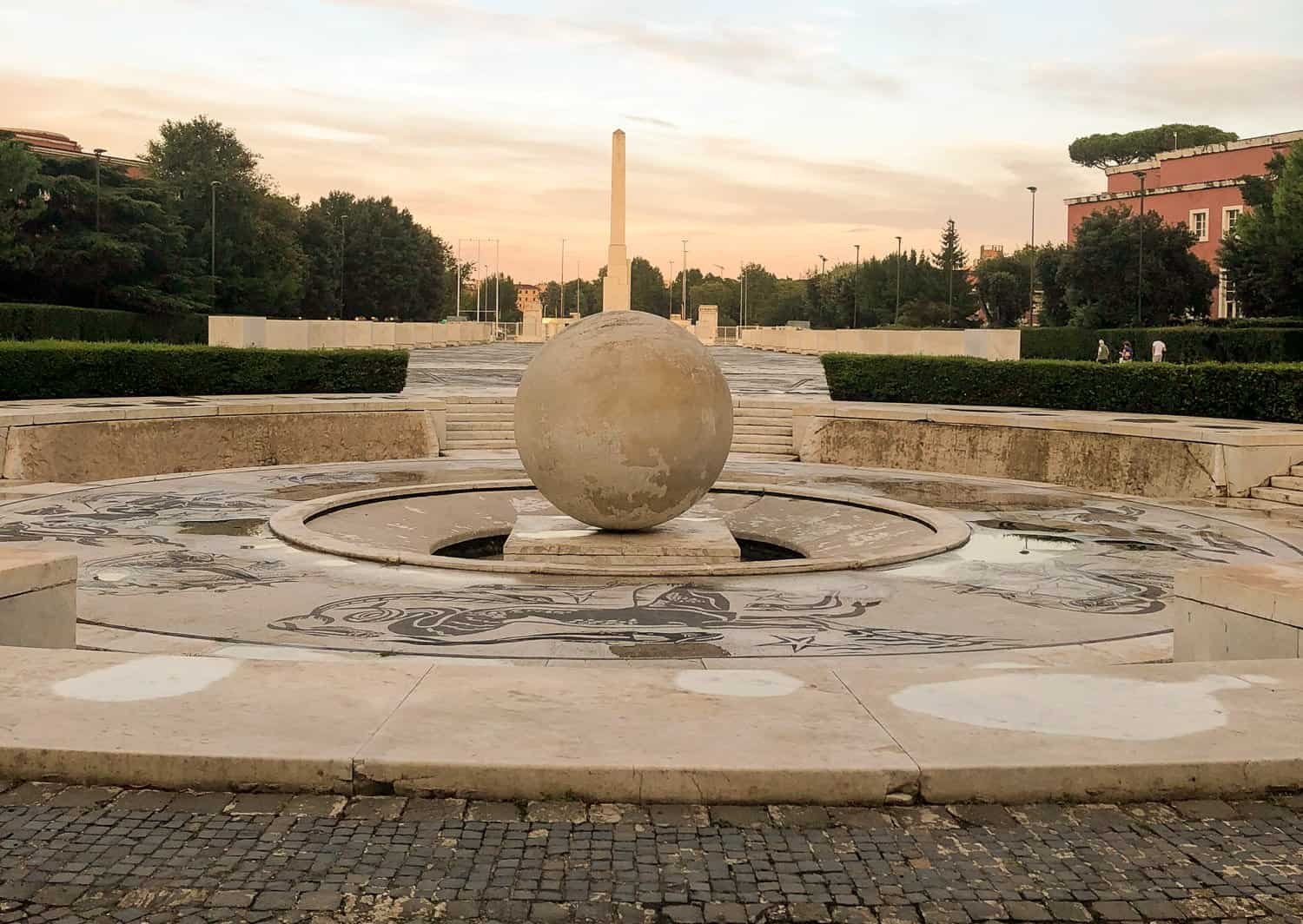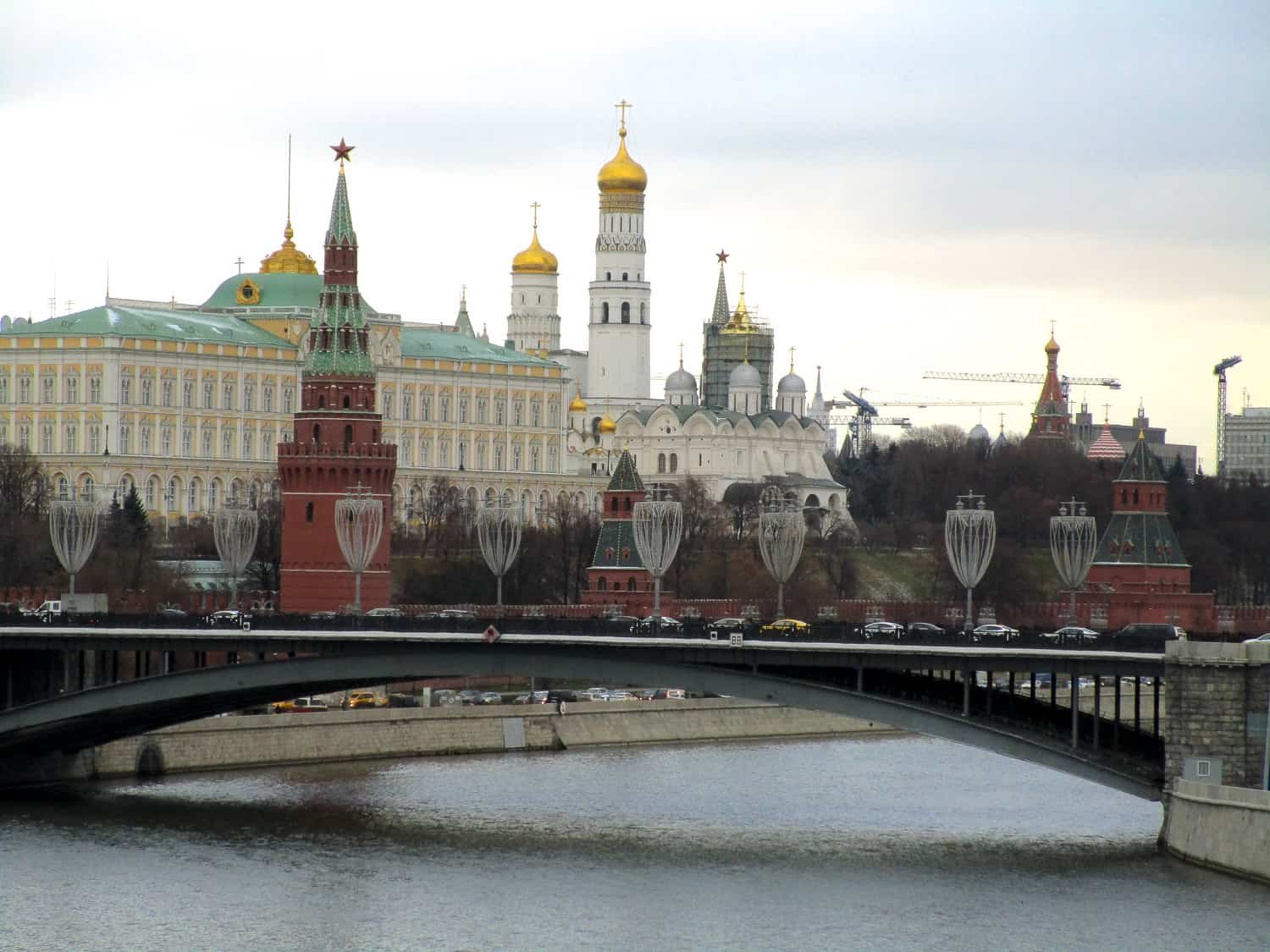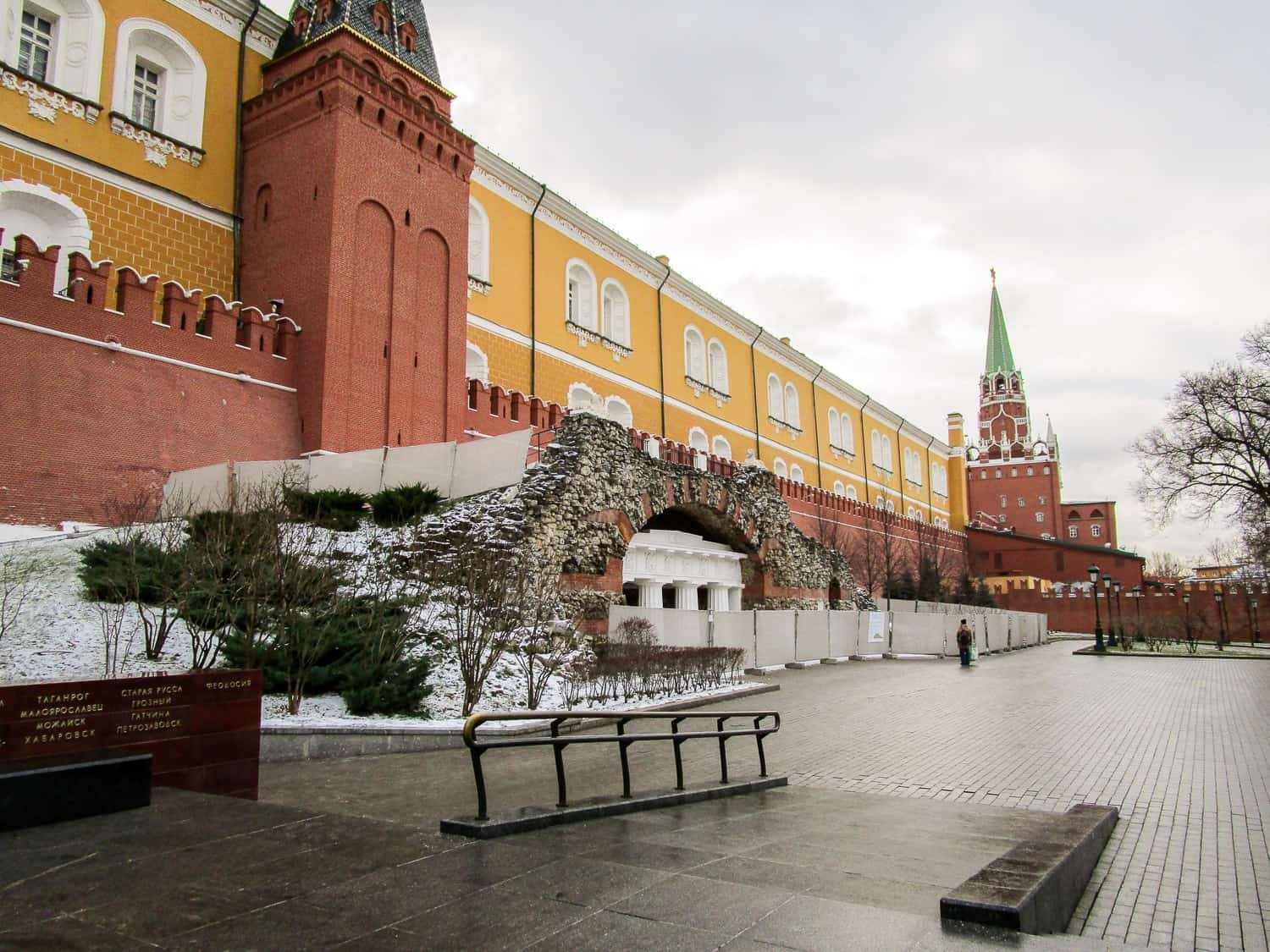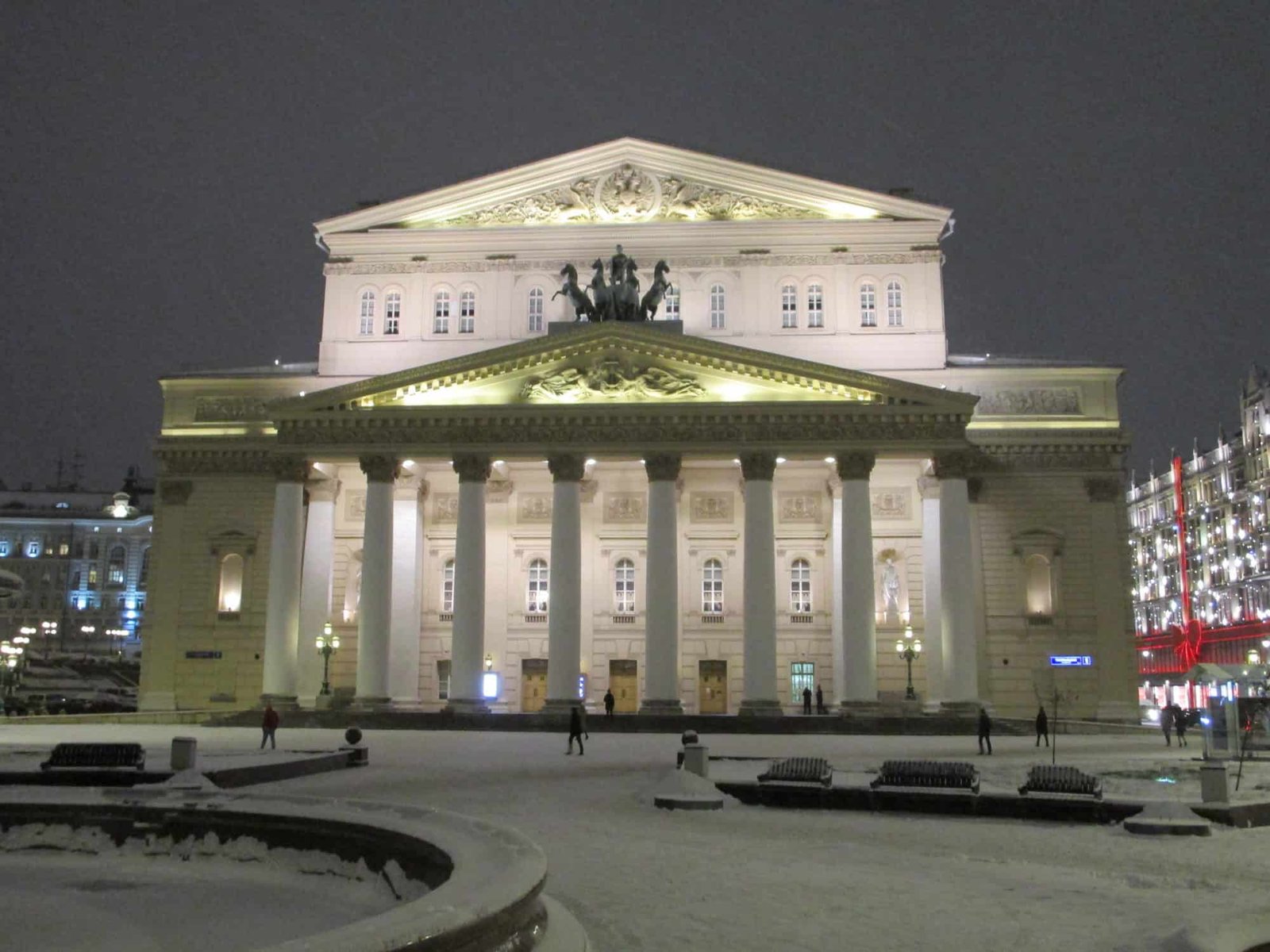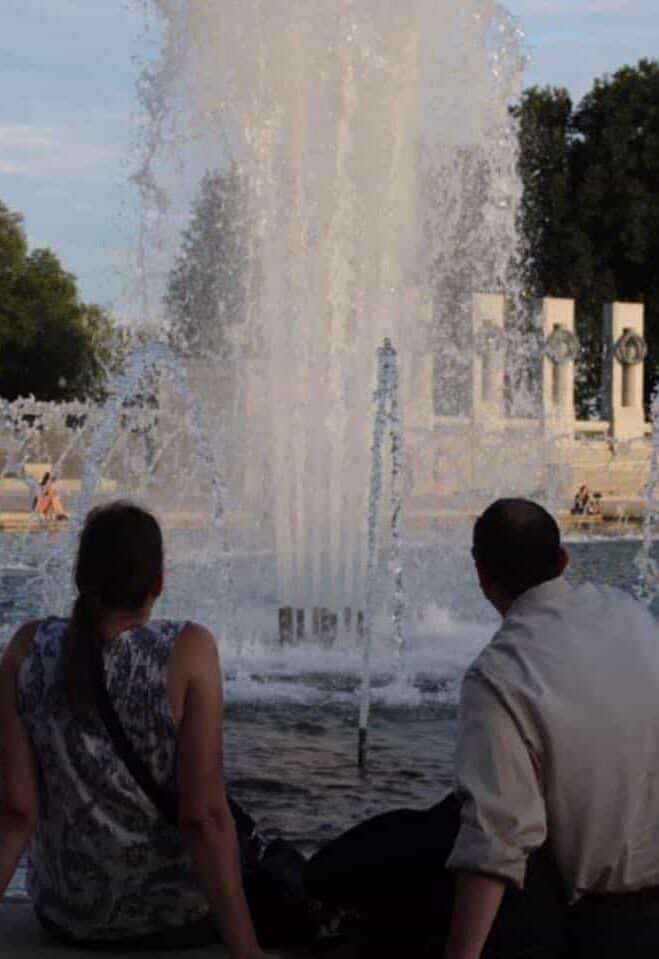As a family, we aren’t just huge Olympic fans. We are Olympic obsessed. We, of course, watch it as it is going on, but another passion of our family is we LOVE to visit old Olympic sites. It is amazing to visit these sites and just imagine what the Olympics must have been like back in the day. During our stay in Rome, we definitely had to add to our agenda a visit to the Foro Italico – the site of the 1960 Rome Olympics.
Contents
What to Know Before You Visit
A couple of facts of the behind the scenes story:
- Rome was scheduled to host in 1908, but Mt. Vesuvius erupted on April 7, 1906, and killed 100 people and affected nearby towns. Rome could not host and London ended up hosting the games. The 1960 games were the first time they hosed after that event.
- The 1960 Games was the first Olympics to have full TV coverage. Other Olympics had televised through
closed circuit, but the 1960 games were the first to be broadcast in the United States. - Some of the facilities such as the stadium were built in the early 1930s and Mussolini entertained Adolf History int the Stadio
dei Marmi (track stadium) in 1938. - Abebe Bikila (Ethiopia) was the first African Olympic champion and won the gold running the marathon barefoot.
How to Get to the Olympic Park from Rome
Getting there was pretty easy. It is outside the main part of Rome (not easily accessible by subway), but a 15-20 minute taxi ride was pretty easy and not that expensive. Using the My Taxi app made it very easy to get a cab back into the main part of the city after we were done.
You could walk around some of the attractions for free, but for a lot of it – the stadium, pool, and track, you could not actually go inside.
The Olympic Park Today
Seeing the Mussolini Obelisk (erected in 1932) and how it still bears the word “

Fontana del Globo
Walk further towards the stadium to the Piazzale del Foro Italico, and you will see the Fontana del Globo. It sits lower than the main walk and is surrounded by impressive mythological mosaics. It appears to have been inactive for quite some time, but we could visualize how it must have looked amazing during use.

Stadio Olimpico (Footbal Stadium)
Sadly for some reason, we didn’t take a photo of the Stadio Olimpico. I am not sure why since it was beautiful and is still being used now for the football teams Serie A clubs Lazio and Roma.
Intricate Mosiac Tile Work
Our favorite part of the complex (other than the swimming pool) was the tile mosaics that were all along the area. Some of these were depicting fascist scenes and others were showing athletic prowess and actions.

Since we are swimming fans, we search until we found the swimming mosaic.

Swimming Pool Stadium
The swimming pool stadium – Stadio Del Nuoto – (which is what we really came to see) was used in the 1960 Olympic Games. The pool was added in 1959 just in time to host the Olympic swimming, diving, and water polo events. The stadium has continued to host important meets – the European Aquatic Championships and the World Swimming Championships in 1994 and 2009. This stadium has made its mark on the swimming world.

Behind the pool, the Stadio dei Marmi, or Stadium of Statues which hosts a track in the middle of an oval of beautiful statues.
References
For more information about the 1960 Olympics or the Foro Italico:
- Administrator. “Foro Italico, Rome .” Foro Italico – Dark Tourism – the Guide to Dark Travel Destinations around the World.
- Jay, Robert. “1960 Winter Olympics – The First Televised Olympic Games.” Television Obscurities, 8 Feb. 2018.
- “Rome 1960.” International Olympic Committee, 27 Aug. 2018, www.olympic.org/rome-1960.

